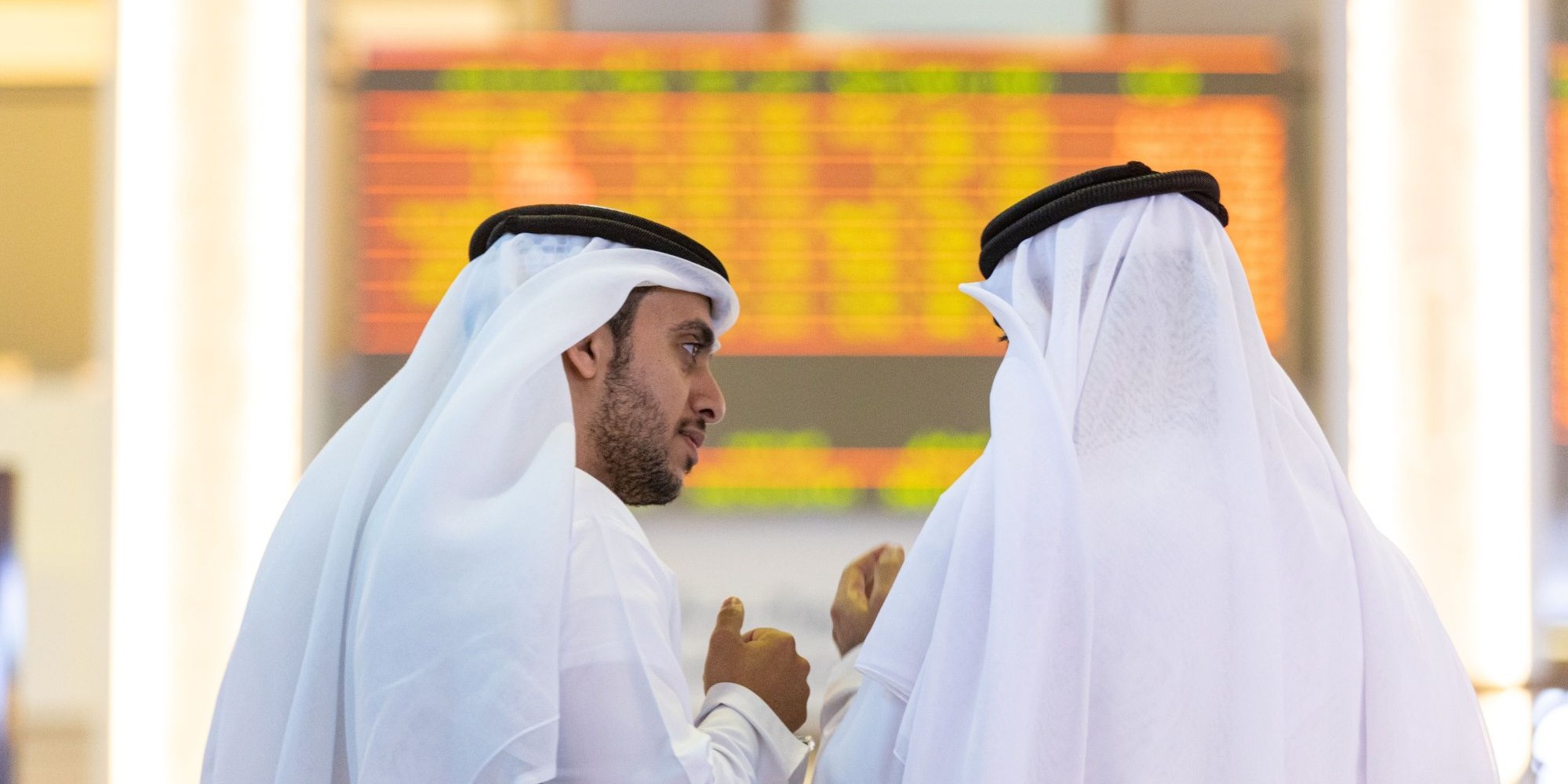UAE to grow Asia, Africa trade, seek $150 billion investment
Published 05 Sep,2021 via Bloomberg Technology & Innovation - The United Arab Emirates is deepening its trade ties in fast-growing economies in Asia and Africa, and plans to draw $150 billion in foreign investment from mainly older partners to reposition itself as a global hub for business and finance.
The UAE -- which has been the Middle East’s business and financial capital for more than a decade and has been facing growing regional competition from neighbor Saudi Arabia -- will work on economic partnerships with eight countries that show high potential for growth, officials said in a media briefing on Sunday. Only one of the countries in Sunday’s announcement is from the region, suggesting a growing shift toward markets further afield.
They include South Korea, Indonesia, Kenya, Ethiopia and Turkey, where ties with President Recep Tayyip Erdogan have warmed dramatically in recent months after years of tensions over regional politics. It will also expand economic ties with Britain, India and Israel, where the Gulf state normalized ties a year ago.
The eight targeted markets make up 10% of the world’s GDP and are home to around a quarter of the world’s population, said Omar Al Olama, a minister of state whose portfolio covers artificial intelligence, digital economy and remote work.
“There will be huge possibilities for cooperation between the UAE and those countries to boost trade, grow cross-border investments and support local economies,” he told the rare government briefing to local and international media. The announcements come as Dubai plans from October to host the World Expo, one of the world’s biggest in-person events since the Covid-19 pandemic.
Wealth Fund Push
Asia and Africa have emerged as important destinations for UAE funding, mostly carried out by way of investments through Abu Dhabi’s sovereign wealth funds. The UAE’s particular focus has been on India, where Mubadala Investment Co.’s investments in 2020 eclipsed its combined total of the preceding 19 years.
Mubadala and other Middle Eastern funds including the Abu Dhabi Investment Authority were also among the large investors that collectively plowed $27 billion into Reliance Industries Ltd.’s businesses. More recently, Abu Dhabi’s newest wealth fund, ADQ, joined a fundraising round by Indian online retailer Flipkart.
The UAE’s top trade partners in 2020 were China, India, Japan, the U.S. and Saudi Arabia, according to data compiled by Bloomberg.
As part of its plans to look further afield for growth, the UAE is seeking 550 billion dirhams ($150 billion) of inward foreign investment over the next nine years and aims to be among the 10 biggest global investment destinations by 2030, UAE Economy Minister Abdulla bin Touq said. It will focus on investments from countries including Russia, Australia, China, and the U.K.
One of the most notable inward investments in recent years was Uber Technologies Inc’s acquisition of UAE-based ride-hailing company Careem in 2019 for $3.1 billion. That deal sparked interest from regional and international venture capital firms, and appetite for backing Middle Eastern startups has picked up over the past few years, buoyed by the rapid adoption of mobile technologies in the region.
In another move that seeks to retain attract talent and boost growth, the UAE announced a new class of visas that will allow expatriates to apply for work without being sponsored by an employer. The government will allow people who’ve lost their jobs to remain in the country for up to 180 days -- a major boost in a country where most workers are foreigners and visas are often tied to employment.
“The fuel for any economy is the human capital and we understand that losing your job doesn’t mean for the human to leave,” bin Touq said in an interview with Bloomberg Television.
The minister said the country is hoping to exceed 4% growth in 2021 -- a higher rate of growth than the 2.5% forecast by the central bank in December. Economic growth contracted around 6% in 2020, according to estimates from the International Monetary Fund.
(Updates with comments from minister in fourth paragraph, new class of visa in 11th)
More stories like this are available on bloomberg.com
©2021 Bloomberg L.P. All Rights Reserved. Provided by SyndiGate Media Inc. (Syndigate.info)
DISCLAIMER: This content is provided to us “as is” and unedited by an external third party provider. We cannot attest to or guarantee the accuracy of information provided in this article from the external third party provider. We do not endorse any views or opinions included in this article.

Abeer Abu Omar, Zainab Fattah and Anthony Di Paola